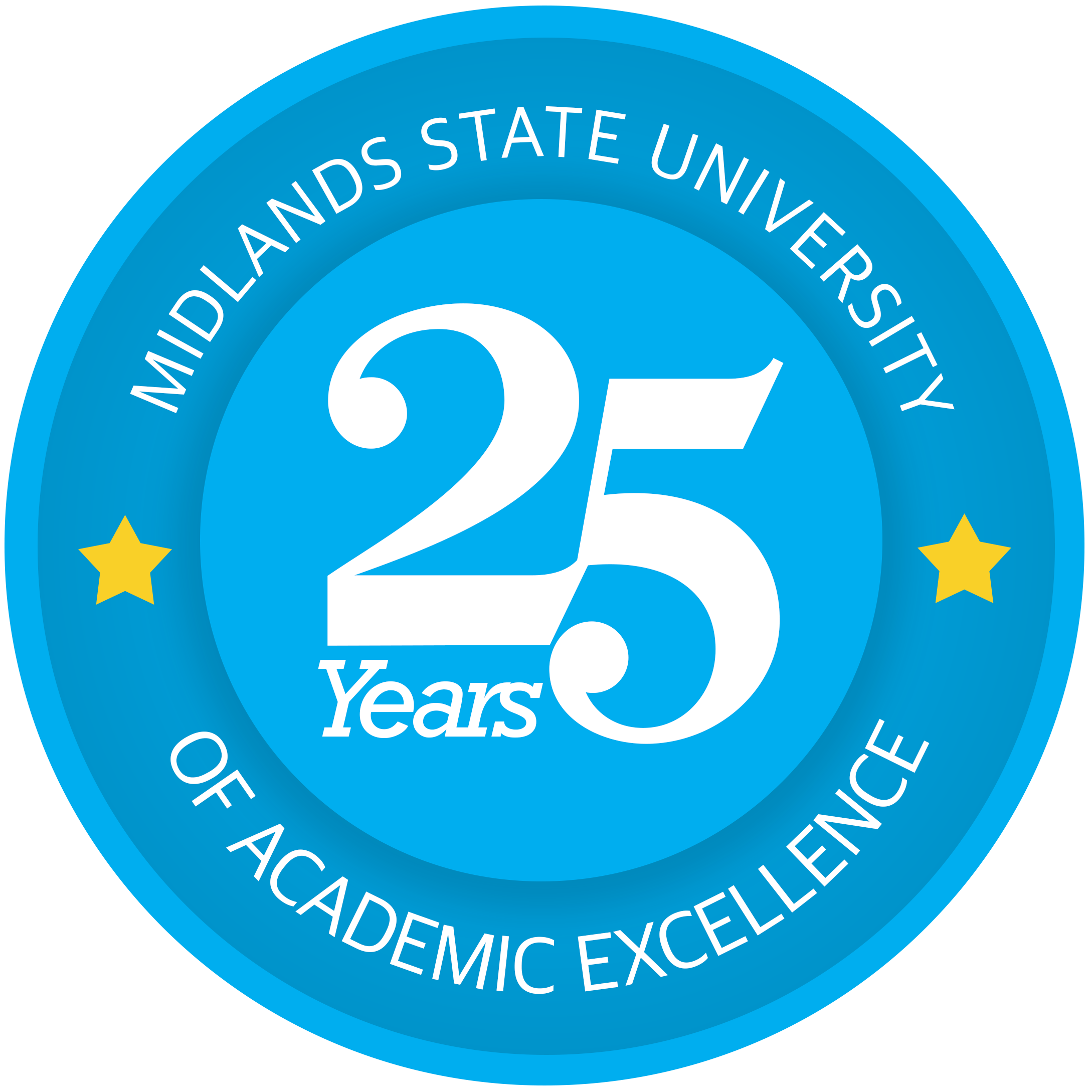Midlands State University’s (MSU) Research and Innovation Department, organized and facilitated a hybrid Digital Research Methods workshop to equip MSU researchers with the latest skills and tools in digital research.
The workshop was held at the MSU’s Gweru Campus, this Thursday, 26 May 2022.
In her opening remarks, Dr Winmore Kusena, a Research Manager in the Research and Innovation Division, stated that the Division is committed to supporting researchers through various capacity development programs across all the MSU campuses.
Dr Kusena also encouraged participants to collaborate and work in teams as this promotes interdisciplinary research.
Professor Upenyu Guyo, the Acting Executive Director of Research and Innovation, praised the research team’s efforts in organizing this training workshop, which strengthens a strong research culture among academic staff.
In the era of COVID-19 and other health emergencies that limit the use of traditional research methods, digital research methods training can equip researchers to be productive in unusual circumstances, added Professor Guyo.
A team of seasoned research experts from various departments at the Midlands State University led the research training workshop.
Dr Gilbert Mahlangu, a lecturer in the Department of Information and Marketing Sciences, gave a presentation on digital instruments designed for data collection – Google forms and Kobo toolbox, while Dr Albert Chibuwe, a senior lecturer in the Department of Media, Communication, Film, and Theatre Arts, trained attendees on the use of smartphones and social media for virtual ethnography – The Lurking science in research.
Mr Fabiano Jamba, an Educational Technology Department lecturer, gave a presentation on Google Power Search training, as did Mr Phimon Chigwagwa, a Systems Analyst in the MSU Library Department. While a Data Security Expert spoke about digital research data security and distribution.
Dr Abel Chemura, a Research Scientist in Agricultural Data Sciences and Modelling at the Potsdam Institute for Climate Impact Research in Germany, demonstrated how researchers from all disciplines can use R, a programming language, to automate research data collection.
Was this post helpful?
Let us know if you liked the post. That’s the only way we can improve.


